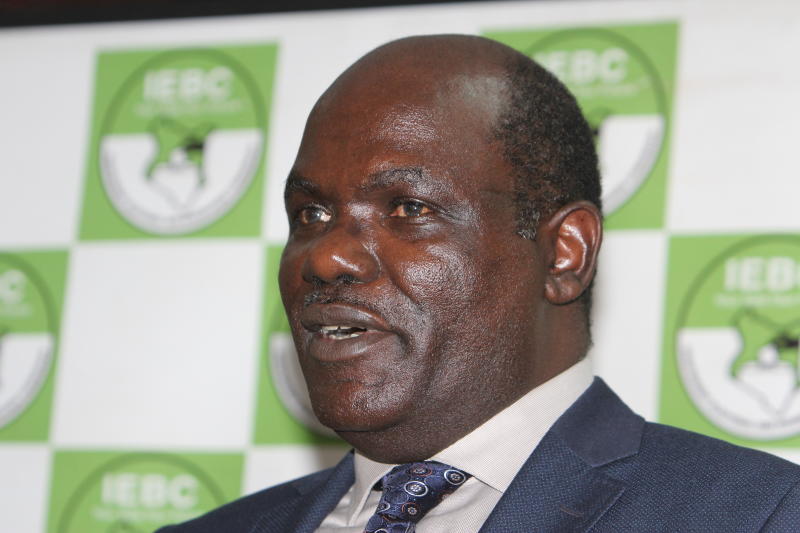×
The Standard e-Paper
Stay Informed, Even Offline

Stakes in the upcoming constituency boundaries’ review have risen following a proposal that could see MPs take control of the process to be undertaken by Independent Electoral and Boundaries Commission (IEBC).
A bill sponsored by Senate Majority Leader Kipchumba Murkomen seeks to give Parliament the final say on the architecture of the electoral units, relegating the IEBC to a mere errand boy in the exercise.